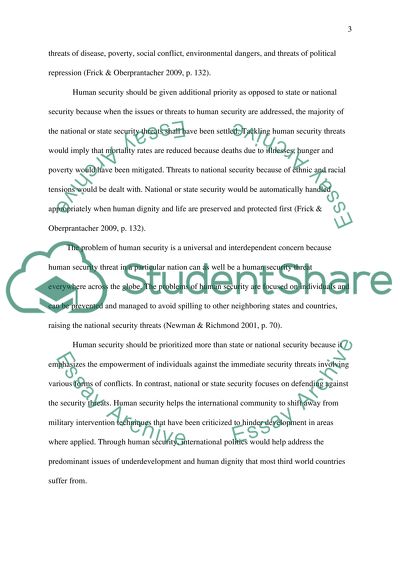Cite this document
(“'Human security should be seen as a higher priority in international Essay”, n.d.)
'Human security should be seen as a higher priority in international Essay. Retrieved from https://studentshare.org/history/1457607-ychhuman-security-should-be-seen-as-a-higher
'Human security should be seen as a higher priority in international Essay. Retrieved from https://studentshare.org/history/1457607-ychhuman-security-should-be-seen-as-a-higher
('Human Security Should Be Seen As a Higher Priority in International Essay)
'Human Security Should Be Seen As a Higher Priority in International Essay. https://studentshare.org/history/1457607-ychhuman-security-should-be-seen-as-a-higher.
'Human Security Should Be Seen As a Higher Priority in International Essay. https://studentshare.org/history/1457607-ychhuman-security-should-be-seen-as-a-higher.
“'Human Security Should Be Seen As a Higher Priority in International Essay”, n.d. https://studentshare.org/history/1457607-ychhuman-security-should-be-seen-as-a-higher.


